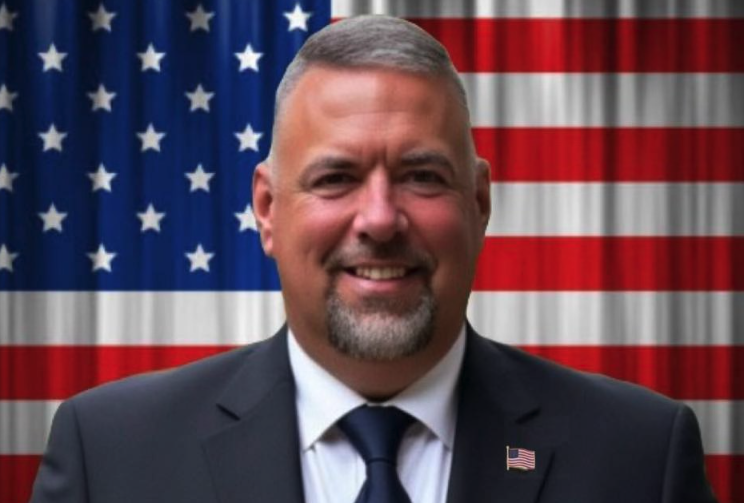Guillory recounts storm in collection of poems
Published 6:00 pm Tuesday, June 27, 2017
A mass of burial of 47 victims of Hurricane Audrey is conducted at Combre Memorial Park. Hundreds of people killed in Cameron were taken to Lake Charles for burial. (American Press Archives)
Trending
Retired plant operator and Lake Charles native Merrill Guillory, 67, published his first collection of poems in April, one of which reflects on the day Hurricane Audrey hit Southwest Louisiana — a day he vividly remembers.
It was the morning of June 27, 1957, sixty years ago today. Guillory was 8 at the time, the second oldest of five. That day, he said, he woke up to the sound of a bullhorn as members of the National Guard loaded residents into big green trucks.
African American residents, separated from whites because of segregation, piled into Sacred Heart Catholic Church and watched through the windows as the storm journeyed toward them.
Trending
“We could feel the rumbling of the winds; we could see trees bending to the point of wanting to break,” Guillory said.
Anything that wasn’t tied down blew away, he said, and dark clouds gradually engulfed the church in heavy rain.
“It was very intimidating,” he said. “It was something that, even at the age of 8, you don’t forget. You know something is happening. You know that this is something different.”
In his poem “Summer of ‘57,” published in “Journey: A Collection of Writings by Merrill Guillory,” Guillory recounts the sense of doom he experienced that day.
He said that, because of how unexpected and deadly Audrey was, he chose to compare her in the poem to a predator stalking its prey.
One paragraph reads: “As she sucks the warm air, a personality takes shape. / The nature of that persona would merge, a torrent of death. / With each movement a well-defined eye emerges, / slowly, with a creep to the north she would stalk her prey.”
Guillory’s book “Journey”
The poem goes on to lament the subsequent devastation: “Rain poured with dreary steadiness, / slanting down with stinging arrows. / Infuriating the wind, which seemed enraged / by the indifference of the water, / the wind shook the coast in a mighty rage, / uplifting everything in revulsion and throwing it like a / discarded rag.”
Guillory said he’s grateful not to have lost family members, as many others had. The next day he returned home to fallen trees but no permanent damage to his home or family.
Although he didn’t experience the full force of Audrey, he said, he remembers being keenly aware of the effect she had on the community.
He recalled later visiting a local funeral home and seeing bodies brought in from Cameron Parish stacked six feet high. He said the stench of limestone and decaying flesh from the room is still fresh in his mind.
Guillory noted that, while one of the region’s darkest moments, the storm was a defining moment for Southwest Louisiana in many positive ways. It forever changed how the area responds to weather emergencies, he said, and spurred many improvements to tracking technology.
He said the storm has also given local people a deeper sense of community and an appreciation for each other.
“We have a shared disaster and a shared story,” he said. “Today when we talk about Audrey, we don’t talk about segregation, we talk about it as a people that was affected together.”
He said the experience has given him and the community as a whole a greater sense of empathy for people around the world who go through similar tragedies.
Amid the pain, Guillory said, there were moments during the storm and its aftermath that affirmed life for many local people.
One that he experienced was when, on the day of the storm, his 3-year-old brother fell from Sacred Heart’s second story balcony, a fall that could have killed him.
His brother fortuitously landed on a woman who broke his fall and didn’t sustain any injuries of her own. Guillory said a priest, his mother and brother drove through the storm to the hospital, where the doctors released his brother with no major injuries.
He called it a “miracle in itself.”
Because of personal experiences like these, coupled with the sense of community and empathy the storm inspired, Guillory said, Audrey can’t be “pinned to exact emotions,” either good or bad.
“I experienced the miracles and the destruction,” he said.
Summer of ’57 by Merrill Guillory




